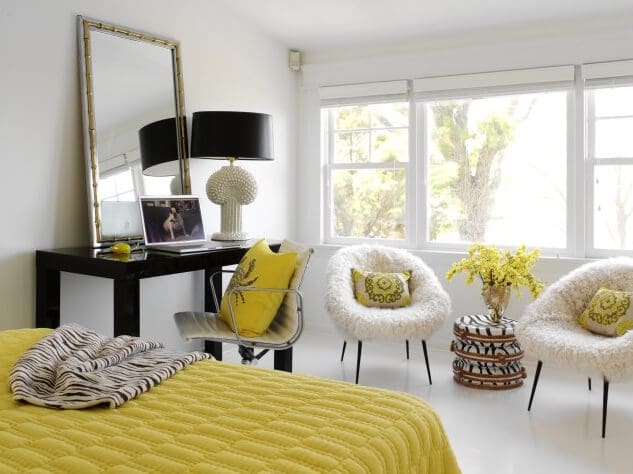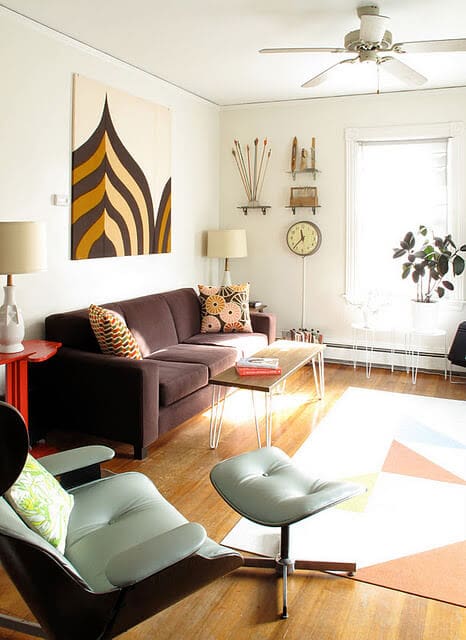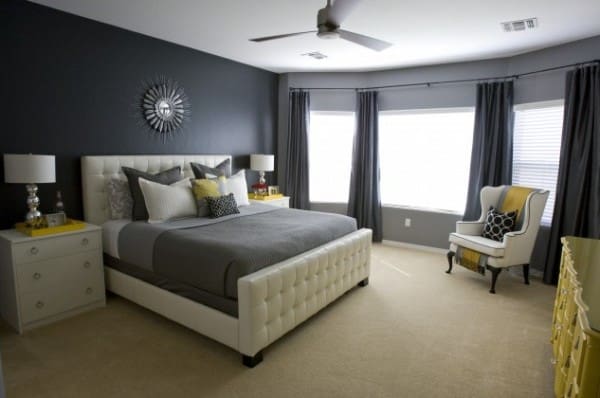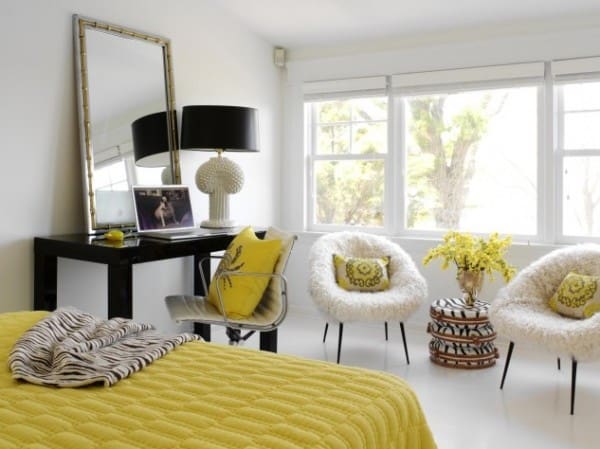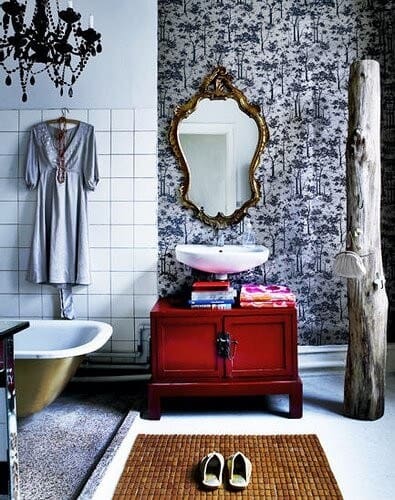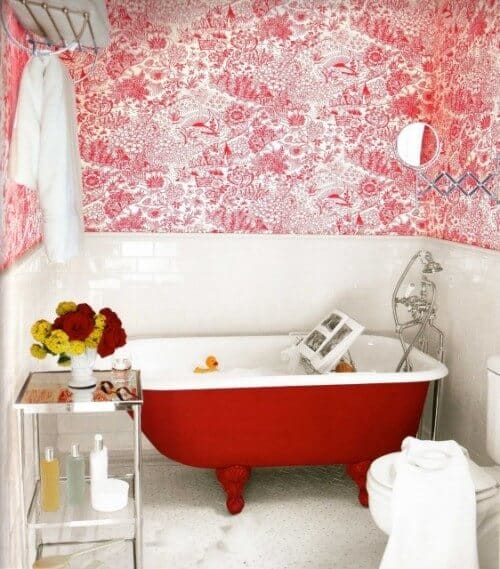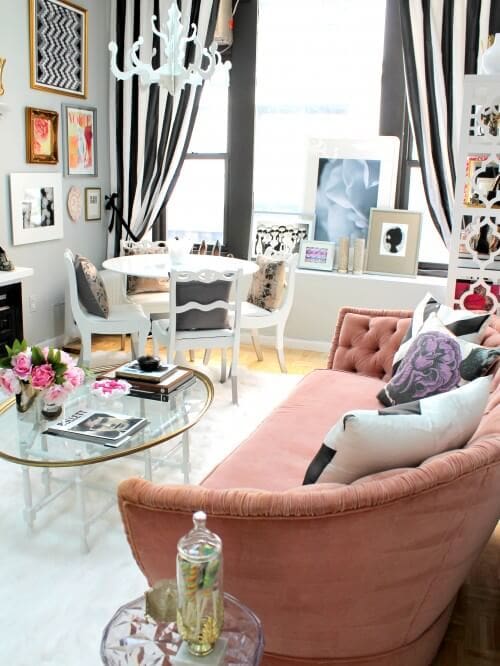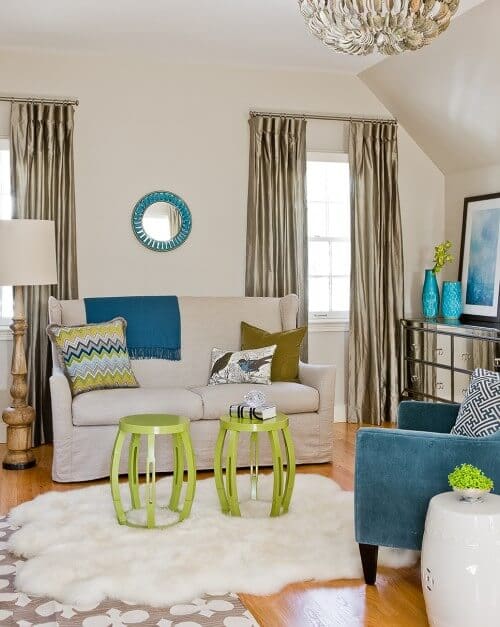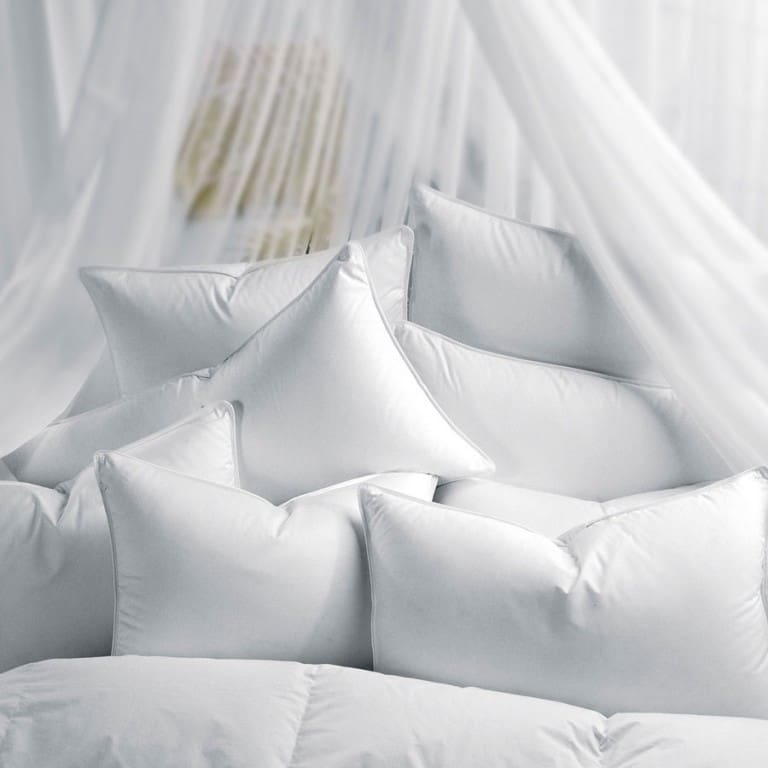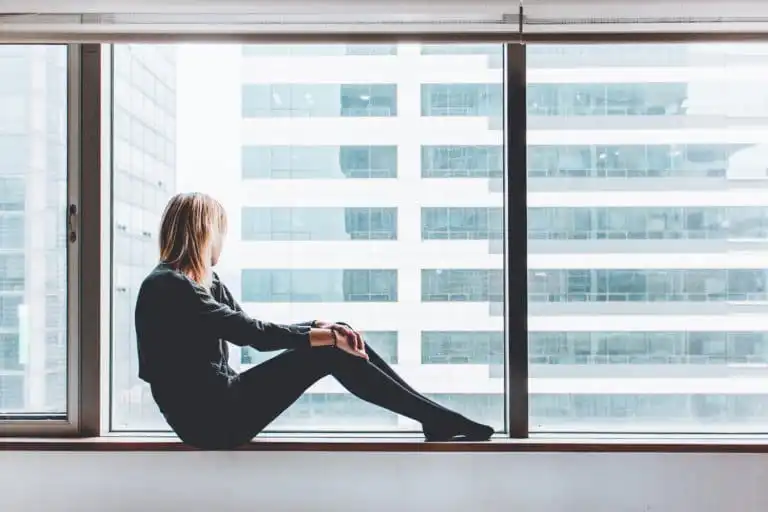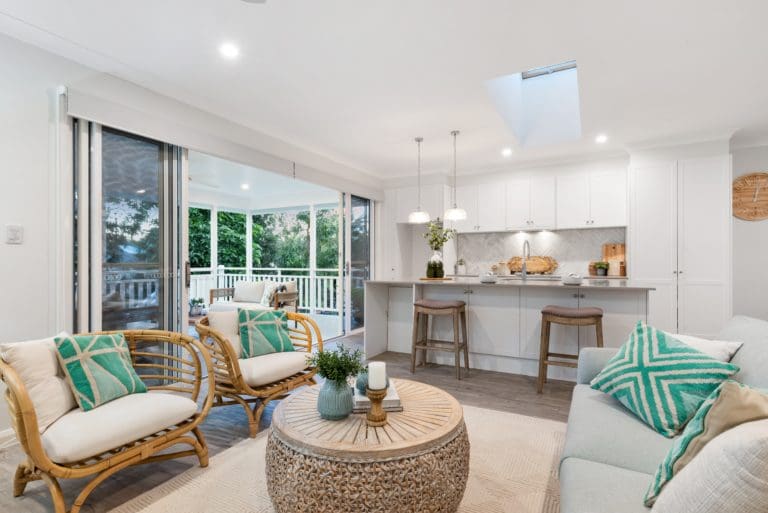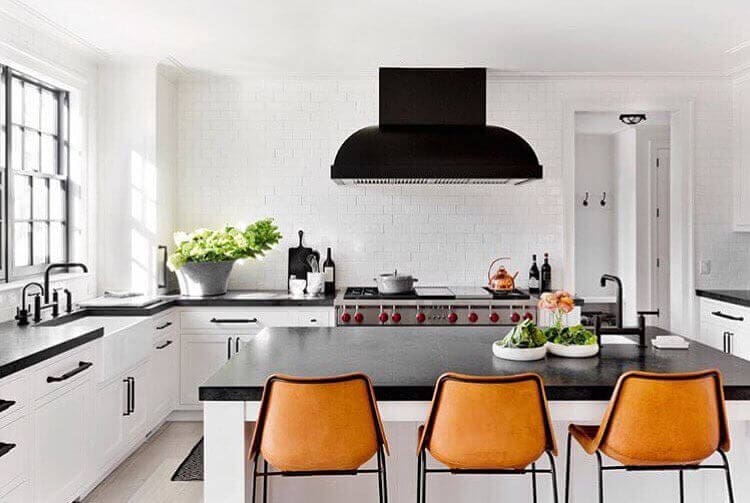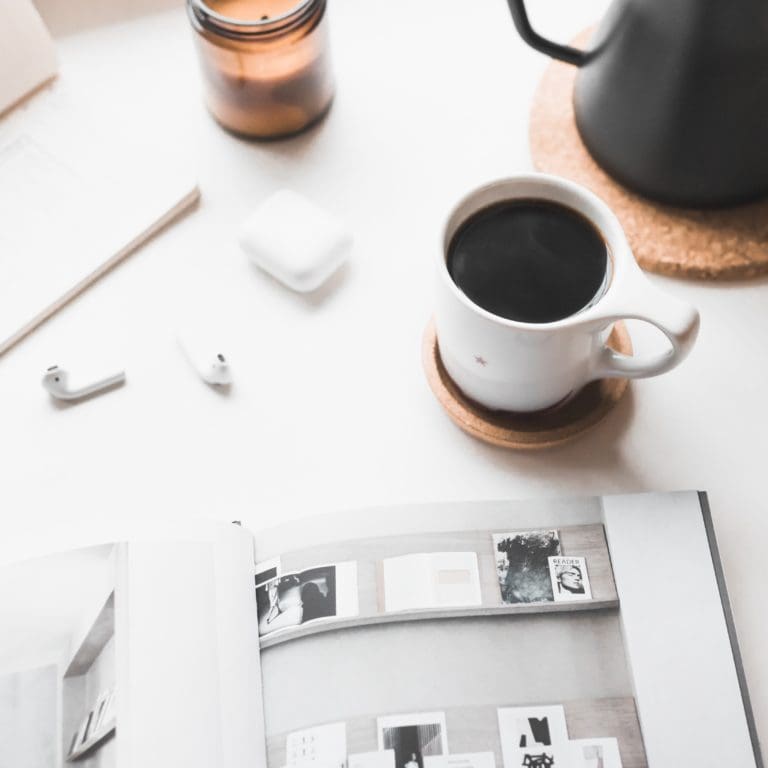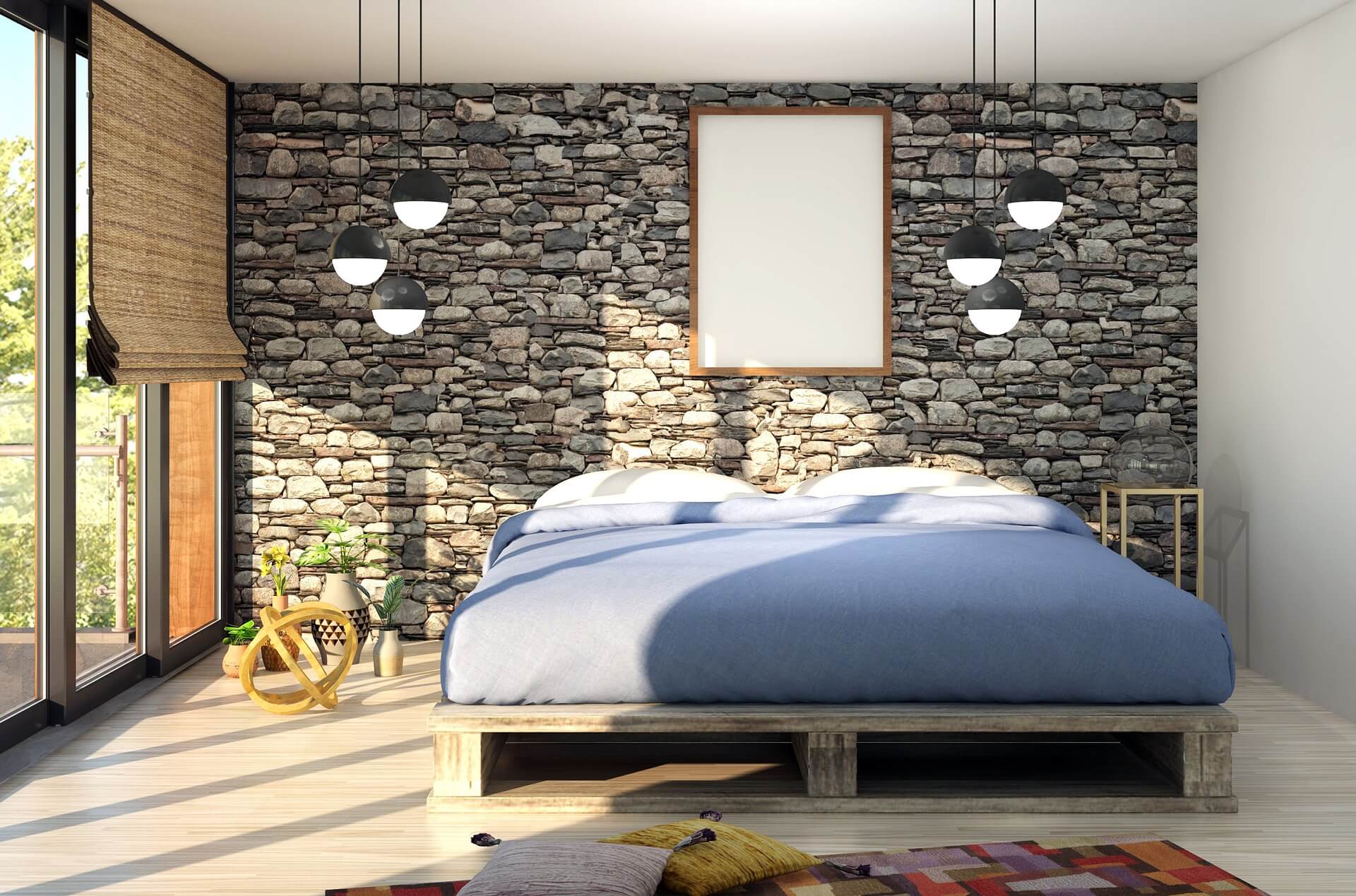Maybe you’ve heard many times about the eclectic style in interior design and you haven’t yet succeeded to fully understand it although you like it. If you want to know how to achieve the eclectic look for your home or for your room, this article is made for you. It’s well-known that interior design should emanate a certain atmosphere and transmits us certain states of mind, according to our lifestyle. And as human personality is complex, sometimes a single decorative style may not include all these elements. This is where we can speak about eclectism, a popular aproach these days. Nothing says eclectic quite like the combination of several design elements which belongs to different periods or styles. The overwall appearance of a room furnished like this must be unified through the intelligent use of color, texture, shape and finish. To get a personalized eclectic style, you should try to combine them in a harmonious way because you cannot combine everything that falls in your hand. One-of-a-kind decorating style, eclectic style has no strict rules, taking the freedom of everyone to express themselves, to feel, to imagine and, of course, taste, but creating such decor is not so easy and affordable as it seems.
The eclectic decor style doesn’t allow you to create mere confusion but to create harmonized confusion so that everything blends in and stands out together. So, the key to success is to have to keep in mind some basic rules of design that are related to forms, colors, textures, sizes and lines and also to know what kind of atmosphere you want: relaxing, tonic, nonconformist, elegant, sophisticated. Being an imaginative style, in contrast to the minimalist style, eclectic style is preferred mostly by people who like rooms filled. Following these line and checking put the photos, feel free to be creative so that you can create an unique design that reflects your personality.
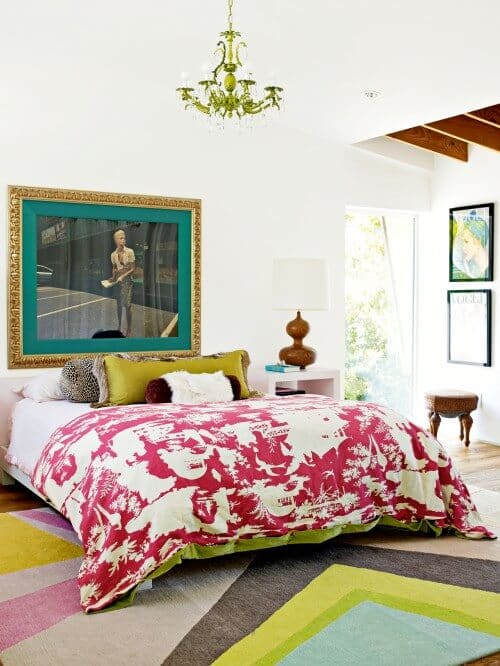 Photo: Debi Treloar; Decoration: Holly Becker and Joanna Copestick
Photo: Debi Treloar; Decoration: Holly Becker and Joanna Copestick
1. The color palette. Diversity is the key word when talking about the colors used to decorate in an eclectic style. The most common colors used in arranging an eclectic style homes are different shades of white, cream, brown, gray and black. As a general rule, begin with a neutral palette to create the background and for large furniture and progressively add other more “daring” colors that you like for accents and details. Starting neutral, however, allows you to place more within a given area, without worrying about the color theme. In other words, you must create contrasts in order not to have both flashy walls and flashy furniture. If you want have bright, wallpaper covered walls, then go soft on the furniture and accessories you use, and the vice versa. A technique to create a more unified eclectic interior is to bring the wood to the same color and / or change existing fabrics with others similar in terms of color and texture.
2. Choosing furniture. You can combine in an unexpected yet logical way various items of furniture which belongs to totally different styles, classical or contemporary, sober and nonconformist. As long as pieces of furniture have a common point so that they match each other, to express a story, there is no rule to follow. Depending on personal preferences, gross textures can be combined with fine materials and elegant and can be worn adjacent elements finished objects. For example, eclectic style allows you to sit in older chairs belonging to different cultures and trends around a minimalist table.
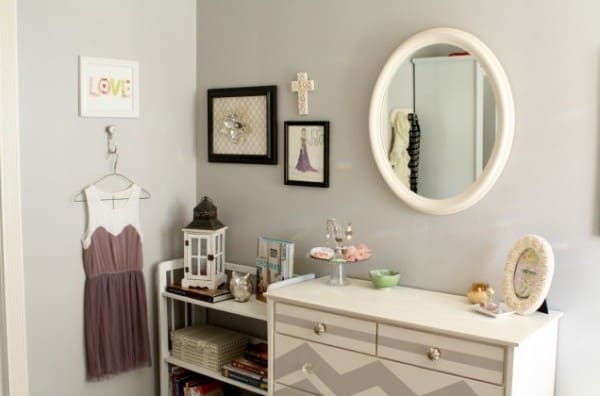 Photo: Michaela Noelle Designs
Photo: Michaela Noelle Designs
3. Choosing decorations. It’s all about creating delightful and creative contrasts between vintage elements. If you have pieces collected over time, you can easily use them to decorate your home in keeping with this style. Moreover, you can incorporate or even eliminate certain elements based on your mood! So, don’t think so much. If you want to replace that hanging light with a bright, colorful lantern, go for it! But don’t go overboard, try to keep a balance and maintain proportions all the time. Disparate arrangement of an object that does not belong to any trends is another specific technique. Place small but meaningful elements like an antique mirror in multiples on a wall to create a focal point. A lovely rustic, a stunning wrought iron chair that can be used indoors or outdoors, a gorgeous stained glass lantern hanging in any corner of a room to bring out its beauty are some examples. Eclectic rooms are often joyful places, filled with gifts and memories from friends and family.
 Photo: Anna Baskin Lattimore Design
Photo: Anna Baskin Lattimore Design

